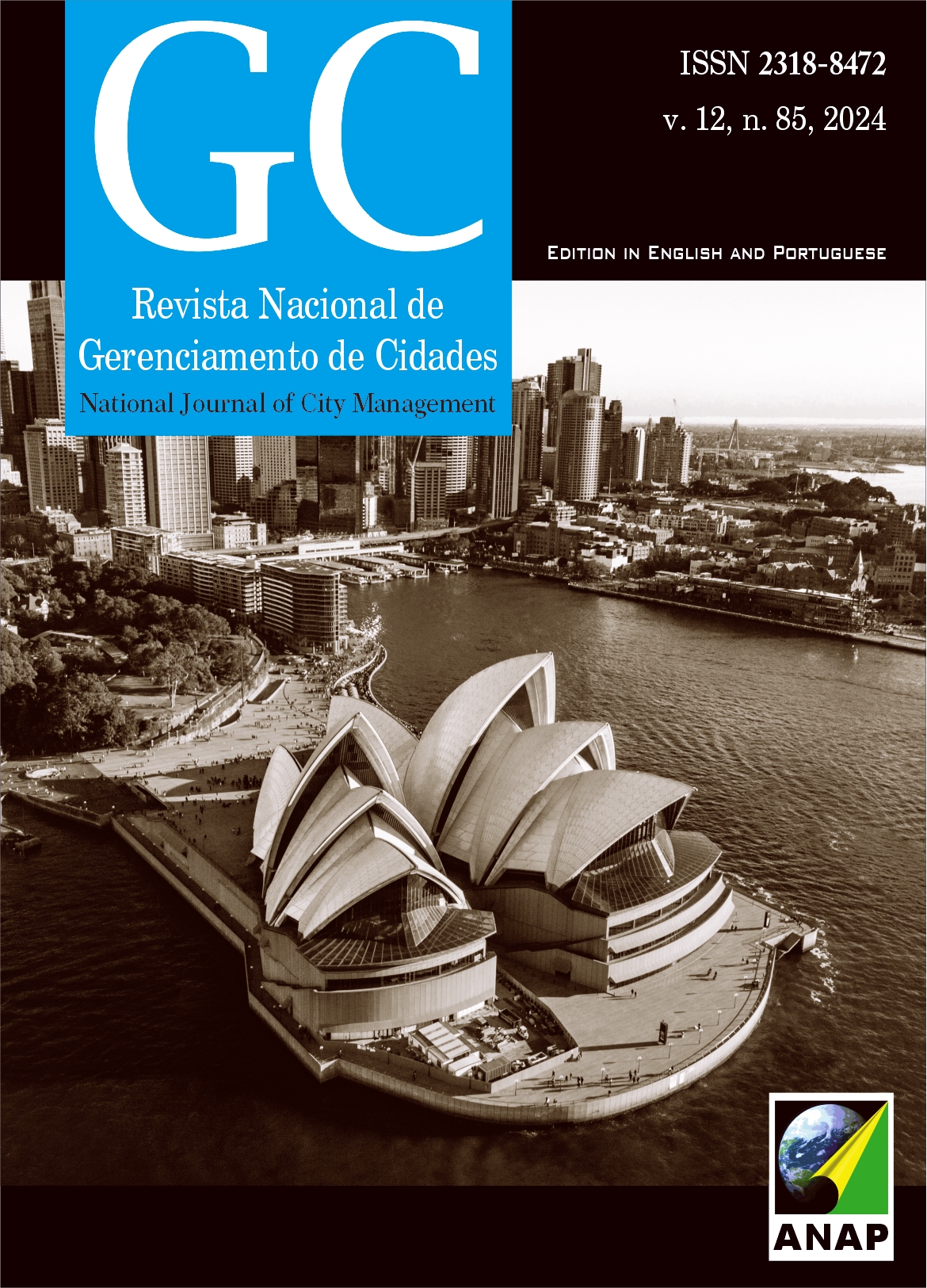Solid Waste in Urban Areas: A Multidimensional Statistical Approach on Irregular Disposal and Burning in the Municipality of Governador Valadares, Minas Gerais
DOI:
https://doi.org/10.17271/23188472128520244312Palavras-chave:
Sanitation, hi-square, MappingResumo
The improper disposal of urban waste is a global concern, especially in large cities considering aspects of environmental and visual pollution. This study provides a detailed analysis of the municipality of Governador Valadares, Minas Gerais, identifying local nuances and a better understanding of this issue to support decisions for corrective actions. It assesses the persistence and incidence of waste burning at irregular disposal sites in the municipality, emphasizing its environmental and health impacts. This work utilized a combined approach of georeferenced mapping with Google Earth Pro images, complemented by in-situ checks with GPS devices. The statistical analysis of the collected data was performed using the PSPP software. Statistical analyses were supported by contingency tables, the application of the chi-square test, Phi, Cramer's V, and Odds Ratio, evaluating the characteristics of the associations. A strong association was identified between the persistent disposal of solid waste in undeveloped areas and the presence of tree pruning and gardening waste. The research also demonstrated a significant association of areas with signs of burning that were located in public spaces. Additionally, a significant statistical association was confirmed at sites where paper and plastic disposals and burning were identified. This research expands the understanding of disposal practices in urban contexts and provides a replicable model of combined georeferenced analysis with physical checks, in addition to the risks to public health and the environment. The results obtained demonstrate direct implications for waste management policies, raising awareness of the consequences of improper disposal and burning.
Downloads
Referências
Publicado
Edição
Seção
Licença
Direitos autorais (c) 2024 Revista Nacional de Gerenciamento de Cidades

Este trabalho está licenciado sob uma licença Creative Commons Attribution-NonCommercial-ShareAlike 4.0 International License.















